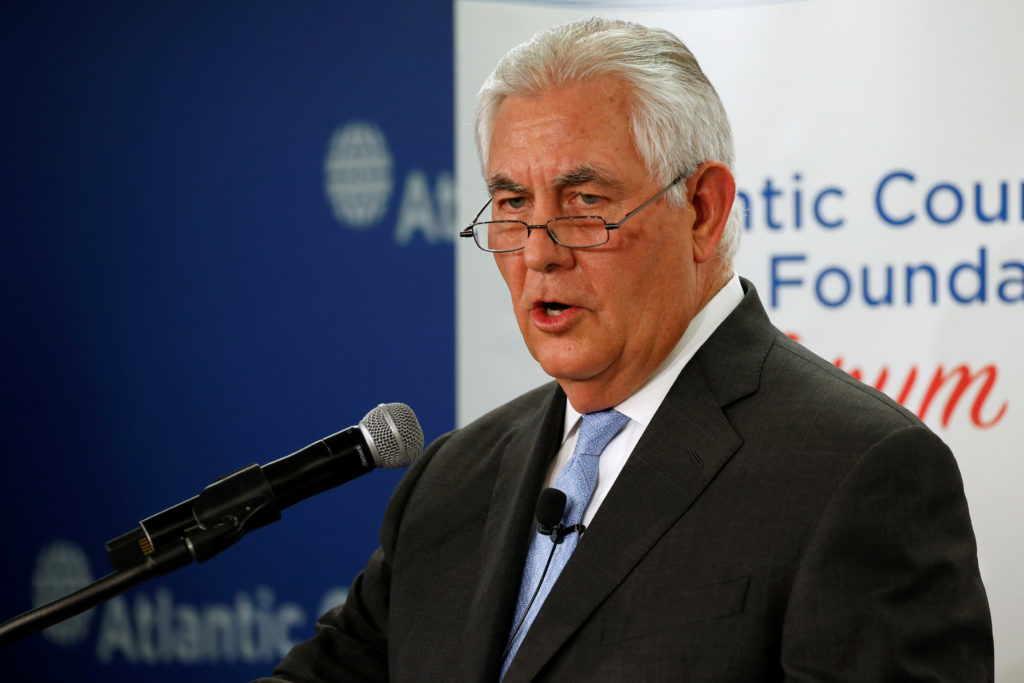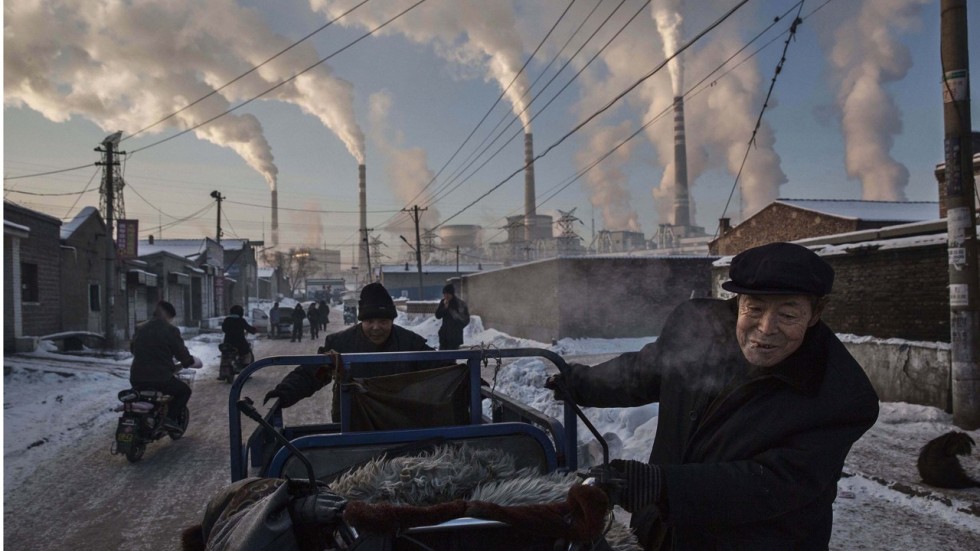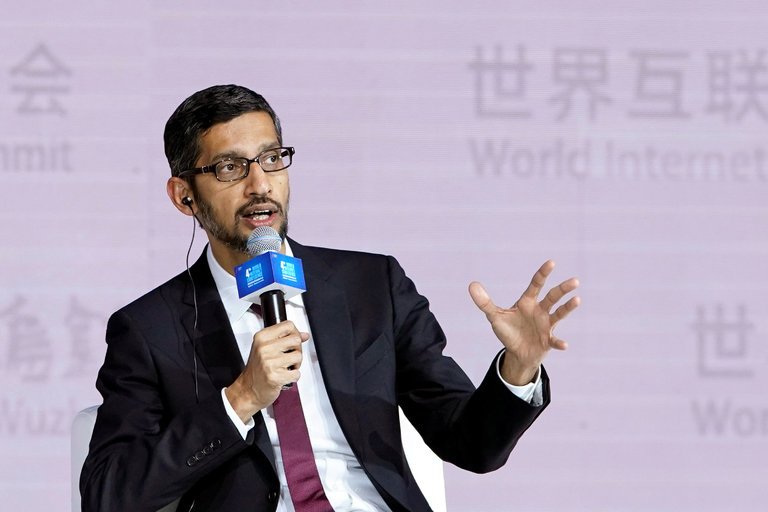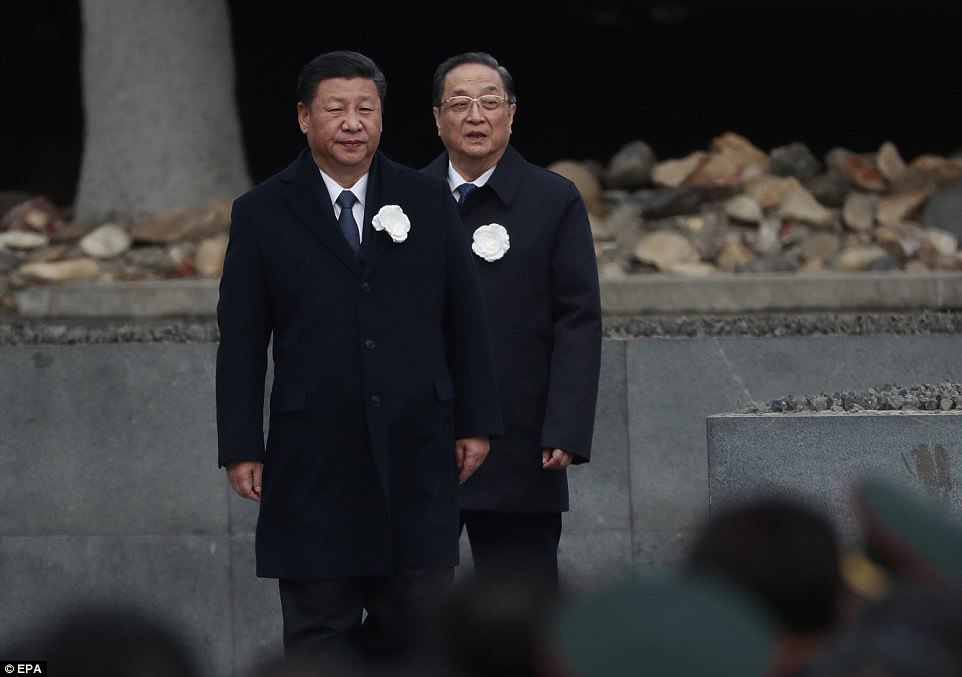
 White House and Secretary of State contradict each other on North Korea talks
White House and Secretary of State contradict each other on North Korea talksChina-US Focus contributor Franz-Stefan Gady posed the following question in his recent article: "Will North Korea's Recent Missile Test Increase Chance of Talks?" It appears that Secretary of State Rex Tillerson thought so.
On Tuesday, Tillerson suggested that the U.S. was ready to talk to North Korea "without preconditions," suggesting a major change in the Trump administration's policy toward North Korea, which to date has required the Kim regime to agree to the precondition that talks "would be aimed at achieving de-nuclearisation" before the U.S. would come to the negotiation table. "Let's just meet, and we can talk about the weather if you want, Tillerson said. "But can we at least sit down and see each other face to face."
Tillerson and President Trump have had a long-standing difference of opinion on the issue. In October, the president said that Tillerson was "wasting his time" trying to negotiate with North Korea. After the Secretary of State's comments on Tuesday, the White House quickly began to walk back on Tillerson's message, stating on Wednesday that the U.S. is not ready to begin talks with North Korea. "The policy has not changed - I just want to be very clear on that," State Department spokeswoman Heather Nauert said.
In a separate speech on Tuesday, U.S. national security advisor HR McMaster said the U.S. wanted China to impose economic pressure on North Korea. "We want. . .China to recognise that the time is now to do more beyond existing UN Security Council resolutions," he said. The Chinese government has expressed its preference for a "freeze for freeze" policy, which the U.S. does not support. For China-US Focus, Fan Gaoyue described what that process may look like in reality. He argued that despite continuing disagreements over the best policy for North Korea, the time to act is now. "North Korea is moving very close to the threshold of nuclear miniaturization," he wrote. "Once it crosses the threshold, no country or organization can force North Korea to abandon its nuclear weapons." By contrast, another China-US Focus contributor, Yue Li, believes that "time is on the side of peace" with North Korea, as the country is "fully aware" that launching a nuclear missile "would be suicidal."
 Gas shortages hit northern China
Gas shortages hit northern ChinaAs President Xi Jinping's speech at the 19th Party Congress showed, environmental protection has become an important priority for China in terms of its growth towards a prosperous, modern society. However, meeting the "people's ever-growing demands for a beautiful environment" is a goal that comes with a cost, as this week's events have shown. Widespread gas shortages across northern China have affected businesses, residents, and even schools across China's industrial heartland, leaving schoolchildren "shivering" and factories closing.
In an effort to cut coal use, and therefore air pollution, the Chinese government and local authorities stepped up their campaign to switch millions of households and thousands of businesses from coal to natural gas this winter. But in many cases, the switch was made before adequate preparation was in place. The Financial Times reported that local government teams removed boilers and stoves before replacement gas infrastructure was installed. Business owners trying to comply with new environmental standards are also struggling, and in some cases, they are having to shut down production for extended periods.
These new measures are part of a series of recent government attempts to clean up the environment, including a ban on the import of scrap materials and measures to encourage electric vehicle production and cut back on heavy industries. International commentators, while largely regarding the moves as positive, have pointed out the economic cost of China's environmental push. As Capital Economics estimated, China could lose nearly half a percentage point of gross domestic product growth this winter if it sticks to its pollution-reduction targets.
Even Chinese environmentalists are questioning whether the government's moves are too hasty. "The problem is not about what they are doing, but whether you can achieve the goal in a short period of time," said Ma Jun, the director of the Institute of Public and Environmental Affairs, to The New York Times.
 Google announces AI center in China
Google announces AI center in ChinaTiming is everything. Mere days after Google CEO Sundar Pichai's surprise appearance at China's annual internet conference, Google announced that it is opening a research center in China dedicated to studying artificial intelligence (AI). AI, "in a sense, is already here. It's in online search engines, the computer opponents in video games, the spam filter in our emails, and the Siri assistant in our iPhones," wrote China-US Focus contributor, Shaun Tan. However, it is AI's limitless potential that has Google - a company that pulled out of China in 2010 due to the government's moves to censor it - slowly but surely building back up its presence in the region. According to a Bloomberg report, the center, which is the first of its kind in Asia, will be used to attract top talent from the region in what is quickly becoming the world's most competitive technology sector.
The Chinese government is committed to becoming a world leader in AI by 2030. Through a development plan worth almost $150 billion dollars, China has already laid the foundation for a booming AI industry. By contrast, the United States is lagging behind in this ground-breaking sector. Significant cuts to science and technology research funding by the Trump administration have slowed down development and damaged U.S. competitiveness in this sector. Although many in the U.S claim that Chinese laws are "forcing" technological bilateral transfers, China-US Focus contributor Justin Lau argued that the blame falls on "weak global demands for their cutting-edge technologies, not the Chinese government." The culmination of funding cuts in the U.S., China's unwavering AI ambitions, and the flooding of funds to the AI sector has placed China on the fast track to leading AI research globally.
While Google's decision is a small move in the grand scheme of global technology development, it is certainly significant. Now the world may turn to China for the top artificial intelligence experts, and in the future, the latest technological breakthroughs may stem from Beijing.
 This Week in Chinese History
This Week in Chinese HistoryThis week marks the 80th anniversary of the Nanjing Massacre, which occurred during the Sino-Japanese War. On December 13, 1937, Japanese soldiers entered Nanjing, which was at the time the capital of China. The city quickly fell to the soldiers. Chinese citizens left behind in Nanjing were subject to extreme violence at the hands of soldiers of the Japanese Imperial Army, in a spree of arson, murder and rape that lasted from December until the following March. Chinese officials estimate that more than 300,000 civilians were killed by Japanese troops.
This week, President Xi Jinping held a memorial ceremony in Nanjing to mark the 80th anniversary of the events.
Prepared by China-US Focus editorial teams in Hong Kong and New York, this weekly newsletter offers you snap shots of latest trends and developments emerging from China every week, while adding a dose of historical perspective.
- 2017-12-08 China Boasts its Technology Chops at the 4th Annual World Internet Conference
- 2017-12-01 The Future of the China-US Economic Relationship
- 2017-11-17 The “Indo Pacific”: A New American Strategy for Asia?
- 2017-11-10 President Trump Revels in China’s State-Visit Red Carpet Treatment
- 2017-11-03 Will China Display Hard or Soft Power in the Era of Xi?
- 2017-10-27 All Eyes on Xi
- 2017-10-20 The 19th Party Congress Begins
- 2017-10-13 Tech Titans
- 2017-10-06 China’s Super Golden Week
- 2017-09-29 All Quiet on North Korea’s Western Front?
- 2017-09-22 Back Together and Better than Ever: Renewed Sino-Russian Relations
- 2017-09-15 China positions itself to dominate the industries of the future
- 2017-09-08 Did North Korea just test a hydrogen bomb?
- 2017-09-01 Are Forced Technology Transfers Forcing the U.S. and China to Rethink How They Do Business?
- 2017-08-25 Bannon Out: What now for the China-US relationship?
- 2017-08-18 Trump Launches “Investigation on Whether to Investigate” China’s IP Laws
- 2017-08-11 Threats of "Fire and Fury" on the Korean Peninsula
- 2017-08-04 Trump Administration Plans Trade Actions Against China
- 2017-07-28 Xi to Dominate the 19th CPC Congress
- 2017-07-21 A Steely Comprehensive Economic Dialogue